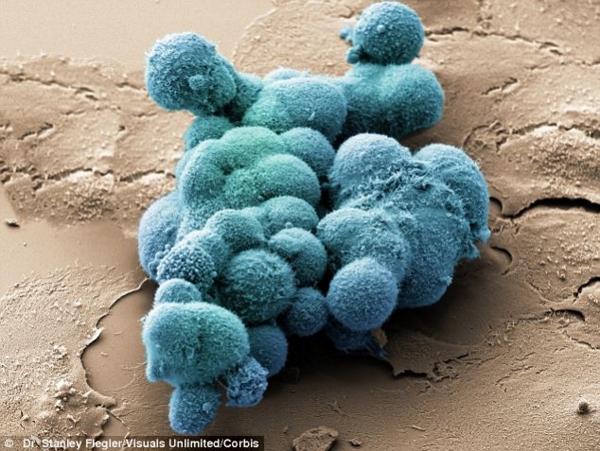 Factors such as age, sex, and family history can impact a person’s risk of getting pancreatic cancer. It is more likely to occur later in life. Certain conditions can also increase the likelihood of pancreatic cancer.
Factors such as age, sex, and family history can impact a person’s risk of getting pancreatic cancer. It is more likely to occur later in life. Certain conditions can also increase the likelihood of pancreatic cancer.
Pancreatic cancer develops in the tissues of the pancreas. This organ secretes digestive enzymes. Some cells in the pancreas also produce insulin, a hormone crucial for blood sugar control.
Anyone can develop pancreatic cancer, but certain factors may increase the likelihood of the condition developing.
Read on to learn more about who may be more likely to get pancreatic cancer, whether it is hereditary, ways to lower the risk, and more.
At what age is pancreatic cancer more likely?
People over the age of 65 years are more likely to develop pancreatic cancer. It is not common in people under the age of 40 years.
However, people who develop pancreatic cancer when they are younger may have a higher chance of survival. A 2020 study found that people aged 20 to 40 years with pancreatic cancer were almost three times as likely as those aged over 40 years to be alive five years later.
Is Pancreatic Cancer MORE Common in Males or Females?
Males have a slightly higher risk of pancreatic cancer than females. However, according to the American Cancer Society, this may be due to higher smoking rates among males.
A 2023 study compared smoking-related pancreatic cancer risk for males and females. The researchers found that although females smoke less than males, the risk of pancreatic cancer for those who do smoke is similar.
Is Pancreatic Cancer Hereditary?
 Pancreatic cancer is NOT (necessarily ~ Editor) a hereditary condition.
Pancreatic cancer is NOT (necessarily ~ Editor) a hereditary condition.
However, certain hereditary conditions can increase the likelihood of pancreatic cancer, including:
* familial atypical multiple mole melanoma (FAMMM) syndrome
* hereditary breast and ovarian cancer syndrome
* hereditary nonpolyposis colon cancer (HNPCC), or Lynch syndrome
* multiple endocrine neoplasia type 1 (MEN1)
A family history of pancreatic cancer may also make pancreatic cancer more likely to develop, though it is not always clear why this is the case. Most people with pancreatic cancer do not have a family history of the condition.
Written by Adam Felman (Medically reviewed by Julie Scott, DNP, ANP-BC, AOCNP) and published by Medical News Today ~ June 27, 2024
